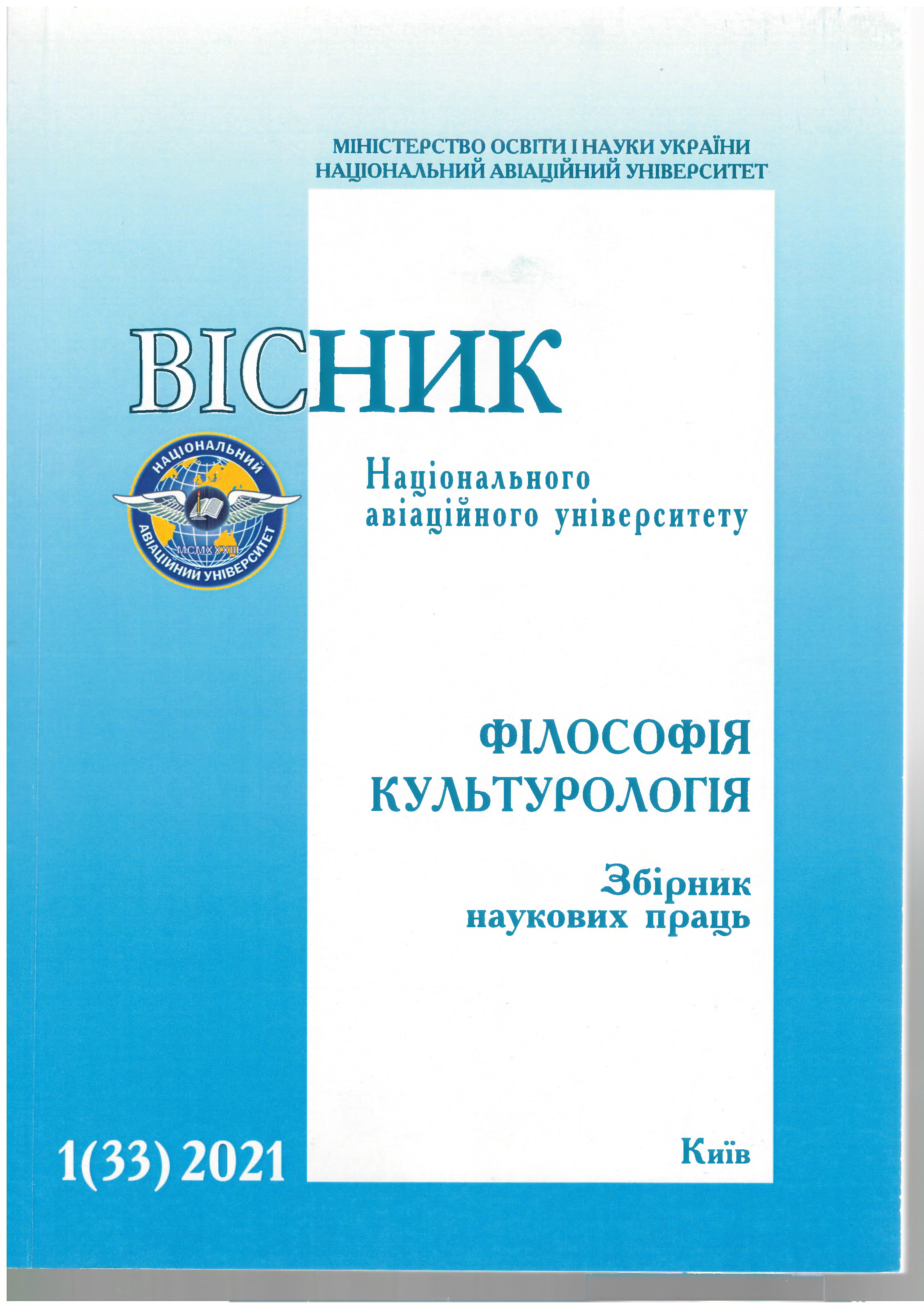DIGITAL REALITY: NEW CONDITIONS FOR HUMANITY
DOI:
https://doi.org/10.18372/2412-2157.33.15662Keywords:
digital reality, virtual space, digital education, emergence, distance education, values, information technologiesAbstract
Introduction. Civilization is now at the stage of active socio-cultural restructuring. It has acquired the ability to accumulate and develop its intellectual potential within digital technologies, to create a new logical-conceptual emergent digital system. The aim and tasks. The aimis to analyze the new conditions of human existence in digital reality, to understand the boundaries of the implementation of the latest technologies in the fields of education, medicine, and security. The task is to carry out a comparative analysis of various views of representatives of various branches of knowledge on digitalization. Research methods. Analytical and descriptive methods, sociocultural, general scientific principles of historicism, and the unity of the historical and logical ones have been used in the paper. The comparative approach contributes into comparing the presentiments and forecasts of scientists about new value conditions of human existence in the digital reality. Research results. Digital reality is associated with the fourth industrial revolution, which is fundamentally changing the life of mankind. In digital reality, one of the threats is the loss of individual privacy, the individual inner world, which is an important value and a necessary condition for preserving humanity and mutual understanding. For the current conditions of the coronavirus pandemic, such examples as forced testing and isolation, and vaccination, according to the author, are evidence of a threat to individual privacy and a dangerous factor in control over people. The inner world of the individual, which was partially hidden from society, is now completely transparent, taking into account the observation of physical and psychological health. Humanity has yet to tackle the problem of a balance between privacy and the common good. Discussion. Today European culture has been breaking with its history, tradition, and stable value formations. Such classical concepts as man, labor, common good, rationality, family, education, upbringing, etc. have become the subjects of revision. In contrast, the cult of technocrat thinking and technological-market man is being introduced. On the other hand, there are attempts to explain the alienation of human needs and behavior by the nature of the person himself. The corresponding opinion is spread that a person is by nature a vicious creature, therefore, with any technological breakthroughs, he will definitely spoil something. Conclusion. Forming a global world based on the principles of market thinking, distribution of power, and wealth, humanity has departed from many common human values. For fruitful coexistence and interaction of different peoples, it is necessary to reconsider the attitude to the basic spheres of human existence: education, medicine, and security, and to rebuild the global world on new foundations without a center-periphery hierarchy. On the positive side of our time, there is a chance to reset the relationships between people and renovate their attitudes to nature and society.
References
Антіпова О. П. Ключеві тенденції трансформації міжкуль-
турної к омунікації в умовах п андемії / О . П . А нтіпова / / В існик
Національного авіаційного університету. Серія: Філософія.
Культурологія. – Вип. 2 (32). –.: НАУ, 2020. – С. 109-114.
Васюк І. В. Проблеми особистості в контексті соціально-
філософського дискурсу / І. В. Васюк // Вісник Національного
авіаційного університету. Серія: Філософія. Культурологія. –
Вип. 2 (32). –.: НАУ, 2020. – С. 72–77.
Вихованець З. С. Трансформація розуміння теорії соці-
альної дії на зламі тисячоліть / З. С. Вихованець // Вісник
Національного авіаційного університету. Серія: Філософія.
Культурологія. – Вип. 2 (32). –.: НАУ, 2020. – С. 31–35.
Герцева А. А. Место и роль ценностей постмодернизма
в «культурнойглобализации» [Електронний ресурс] / А. А.
Герцева. – Режим доступу: http://vestnik.osu.ru/2009.
Дубровский Д. И. Проблема «сознание и мозг»: теоретиче-
ское решение / Д. И. Дубровский – Москва : Канон. 2015. – 208 с.
Подопригора А. В. Число и цифра: пифагорейская тра-
диция и метафизика цифровой реальности. / А. В. Подопри-
гора // Научный ежегодник Института философии Уральского
отделения РАН, 2018. – Т.18. вып. 3. – С. 7-21.
Словари и энциклопедии на Академике. [Електронний
ресурс] – Режим доступу URL://https: dic. academic. ru /dic _
fwords /712 ].
Цифровой тоталитаризм с человеческим лицом / [Елек-
тронний ресурс] – Режим доступу: https://www.ng.ru/
science/2021-01-26/9_8066_ totalitarianism.html
Черниговская Т . В . Ч еловек в ц ифровую э поху / Т . В .
Черниговская / [Електронний ресурс] – Режим доступу
https://www.youtube.com/ watch?v=XsVx74TW6iU
Эмерджентность. Словари и энциклопедии на Ака-
демике. [Електронний ресурс] – Режим доступу URL://https:dic
.academic.ru/dic_fwords/712.

